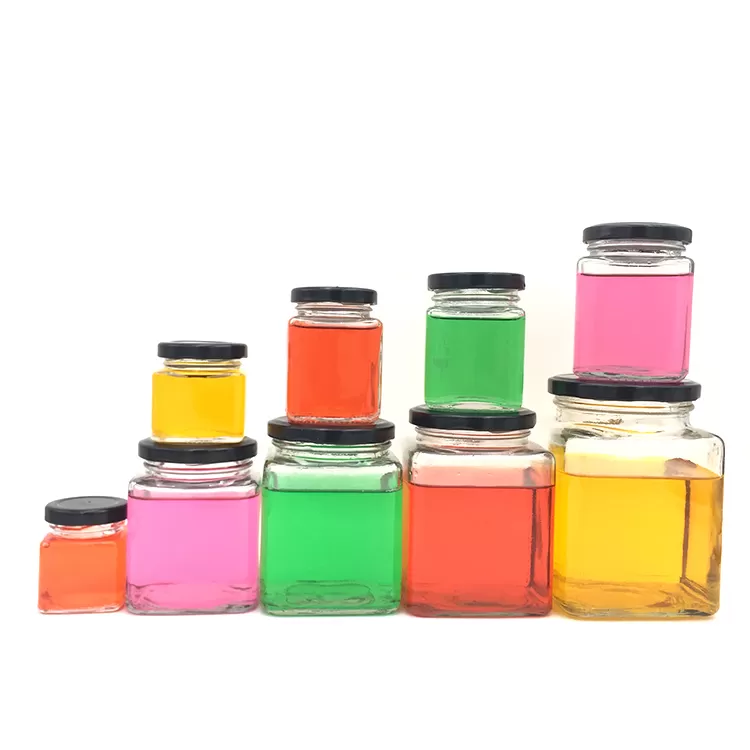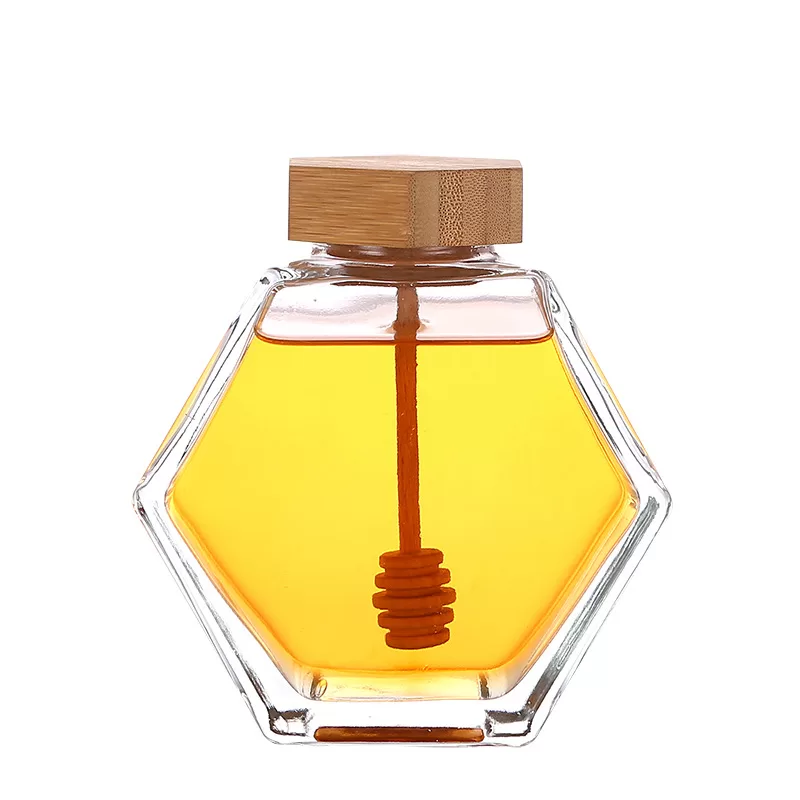Glass Bottles Are Packaging Carriers for Maintaining Human Health
11-07-2023
As one of the main products of glass, bottles and cans are familiar and popular packaging containers. In recent decades, with the development of industrial technology, various new packaging materials have been manufactured, including plastic, composite materials, specialized packaging paper, tinplate, aluminum foil, and so on. Glass, a packaging material, is in fierce competition with other packaging materials. Due to the advantages of transparency, good chemical stability, cheap price, beautiful appearance, easy production and manufacturing, and the ability to recycle and use glass bottles and cans multiple times, despite competition from other packaging materials, glass bottles and cans still have characteristics that cannot be replaced by other packaging materials.

In recent years, people have discovered through more than ten years of practical life that consuming plastic barrels (bottles) of edible oil, wine, vinegar, and soy sauce can pose risks to human health:
1.If edible oil is stored in plastic barrels (bottles) for a long time, it will inevitably dissolve into plasticizers that are harmful to human health. In the domestic market, 95% of edible oil is stored in plastic barrels (bottles). Once stored for a long time (usually more than a week), edible oil will dissolve into plasticizers that are harmful to human health. Domestic experts have collected plastic barrels (bottles) of different brands and dates of production in the market for experiments on soybean salad oil, blended oil, and peanut oil. The test results showed that all tested plastic barrels (bottles) of edible oil contained the plasticizer "dibutyl phthalate".
Plasticizers have a certain toxic effect on the human reproductive system, with greater toxicity to males. However, due to the chronic toxicity of plasticizers, which are difficult to detect, it has only been more than ten years since their widespread existence that they have attracted the attention of domestic and foreign experts.
2. Plastic barrels (bottles) contain seasonings such as wine, vinegar, and soy sauce, which are prone to ethylene pollution that is harmful to human health. Plastic barrels (bottles) are mainly made of materials such as polyethylene or polypropylene and added with various solvents. Polyethylene and polypropylene are non-toxic materials and have no adverse effects on the human body when used for canned beverages. However, due to the fact that plastic bottles still contain a small amount of ethylene monomer during the production process, if fat-soluble organic compounds such as alcohol and vinegar are stored for a long time, physical and chemical reactions will occur, and the ethylene monomer will slowly dissolve. In addition, using plastic barrels (bottles) to hold wine, vinegar, soy sauce, etc. In the air, plastic bottles will age due to the effects of oxygen, ultraviolet radiation, etc., releasing more ethylene monomers, causing the wine, vinegar, soy sauce, etc. stored in the barrels (bottles) to deteriorate and taste.
Long term consumption of ethylene contaminated food can cause symptoms such as dizziness, headache, nausea, decreased appetite, and decreased memory. In severe cases, it can also lead to anemia.

From the above, it can be concluded that with the continuous improvement of people's pursuit of quality of life, people will pay more and more attention to food safety. With the popularization and deepening of consumers' awareness of the harm to human health caused by plastic barrels (bottles) of edible oil, vinegar, soy sauce, etc., glass bottles and cans will gradually become a consensus among consumers and a new opportunity for the development of glass bottles and cans.








